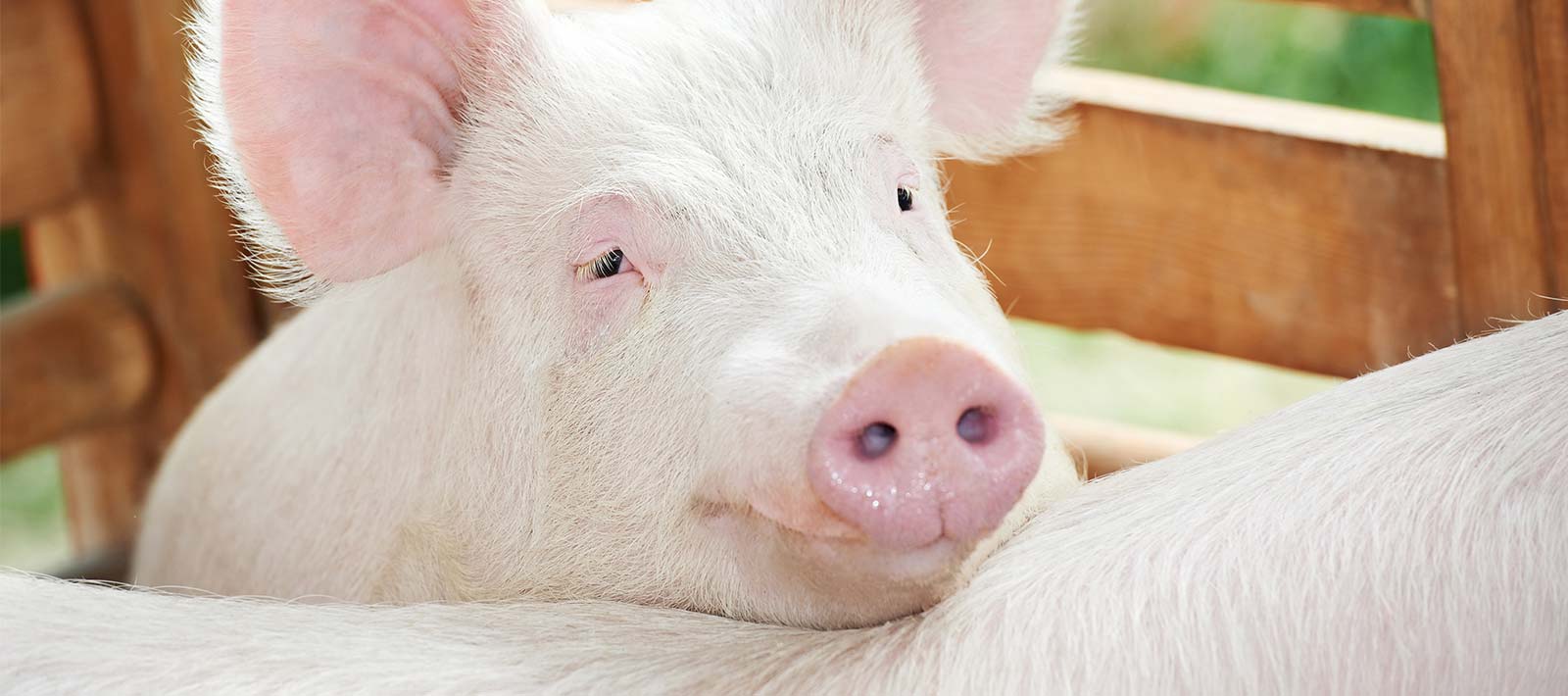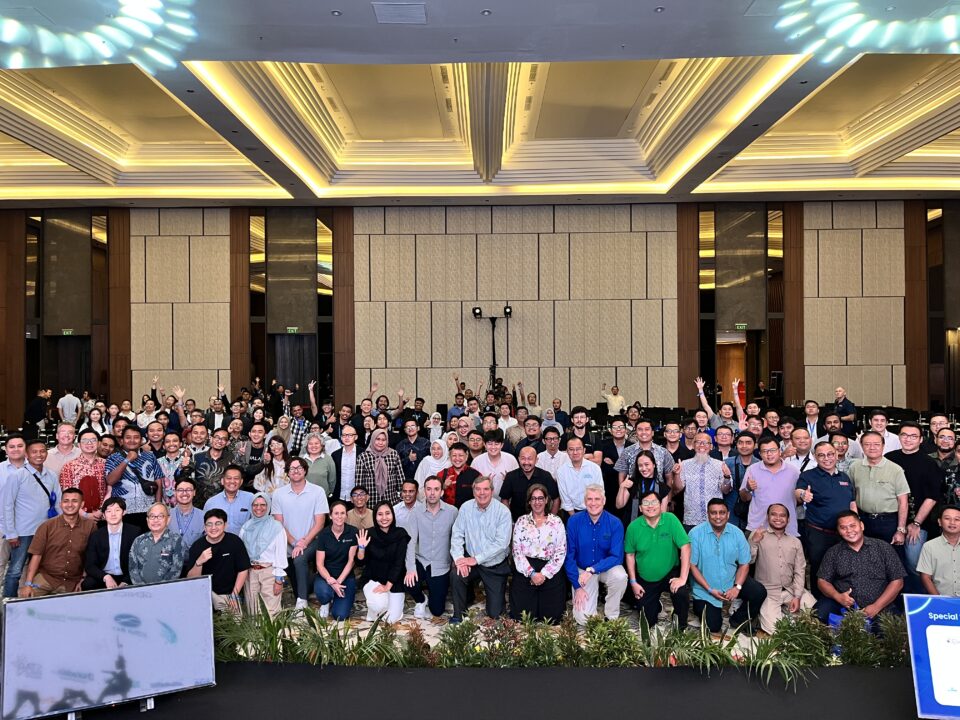
USSEC conducted an online seminar on raw materials and feeds biosecurity to an online audience of livestock and feed producers, as well as veterinarians and animal nutritionists on July 8. The seminar, organized by USSEC Philippines and webcast via GotoWebinar was attended by more than 140 participants from the Philippines, Indonesia, Malaysia, and Vietnam.
In the Philippines and Vietnam, swine feeds account for about 50% of total feed production. It has been estimated that the impact of ASF and pull on swine feed production to be about 50% and 20% for Vietnam and Philippines respectively. Backyard producers have been hit the hardest. In the Philippines, the government continues to encourage areas that had the ASF outbreak under control to start restocking and even expand their production to meet the supply shortage amidst rising prices.
The webinar also focused on raw feed materials management and best livestock feed biosecurity practices as a means of preventing the spread of ASF and other diseases in pigs; emphasizing the importance of sourcing high quality feed ingredients like soybeans and soybean meal from the U.S.
The webinar was divided into two sessions; the morning session focused on discussions covering raw material and feed biosafety
- Timothy Loh, Regional Director – Southeast Asia, presented on the U. S. Soy Advantage: Building a Long-Term Sustainable Partnership with Industry
- Basilisa Reas, Technical Consultant – Animal Utilization, spoke on Value-added Soy Products for Critical Diets
- Ben Oliveros, Philippines In-Country Representative, gave an overview of Supply and Outlook of U.S. Soy and Soybean Meal
- Gerald Shurson, Professor at the University of Minnesota, highlighted safety and biosecurity practices for raw materials and ingredients, particularly those coming from the U.S.
The afternoon session focused on the latest update on the ASF situation, particularly vaccine research and development, breeder and stock supply, re-stocking and farm expansion
- Suparlark Nuntawan Na Ayudhya, Regional Manager – Gut Health of Trouw Nutrition Asia Pacific (Nutreco Asia Co. Ltd) shared insights that Vietnam and China lost more than half of their backyard swine sector, are currently dependent on the commercial sector and meat imports, and are gradually starting to restock, especially in the commercial pig sector
- Jose Manuel Sanchez-Vizcaino, Swine Disease Expert, Full Professor of Animal Health, Director of the OIE reference laboratory for ASF Viral Immunology and Preventive Medicine Unit (SUAT) VISAVET Health Surveillance Centre & Animal Health Department, Veterinary Medicine Faculty at the Universidad Complutense Madrid, highlighted in his presentation that an ASF vaccine is not expected to be available until 2025-2026
- Angel Antonio Manabat, Technical Services Manager-PIC Philippines and the Vice President – Philippine College for Swine Practitioners, gave an update on the current situation of the Philippines’ swine industry and discussed ways to be able to re-stock amid ASF still continuing to affect the country.
With the ASF vaccine not expected to be available for another five to six years, the webinar emphasized the importance of maintaining a robust set of biosecurity measures that needs to be implemented across the entire pig production chain, from feed to farm to prevent and control the spread of ASF and other livestock diseases. The recovery of the swine sector is expected to also boost the demand for U.S. soybeans and soybean meal.

